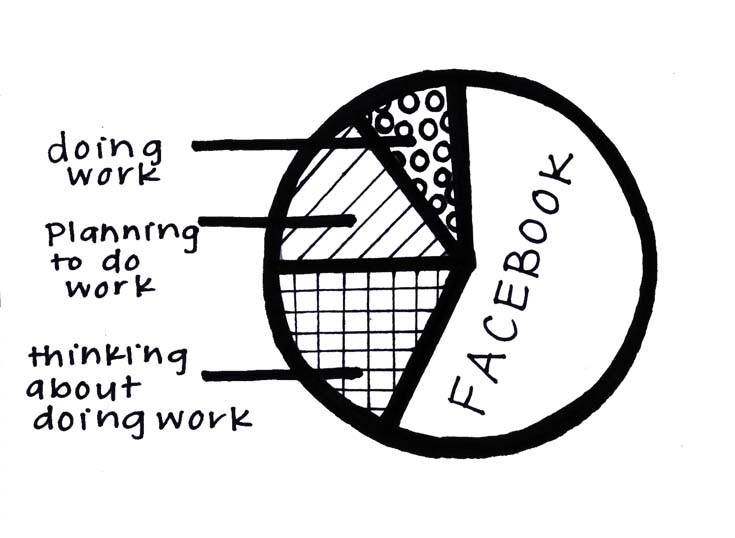While many students can identify a moment in college when a faculty member helped develop their interests, or when they became excited by a certain topic or discipline, some studies are finding a decline in motivation as students continue through college. The big question is, where does motivation come from, and how can it be fostered? Based on recent studies, the most important factor is faculty. Given my experience so far at the College of William and Mary, this finding resonates with me.
I am an accounting major, so the subject matter in my classes is not always the most thrilling. It doesn’t help that there are numerous inaccurate stereotypes about accounting that affect students before taking even one class. However, the Introduction to Accounting class that I took as a freshman is a perfect example of the theories presented in the motivation studies. I was lucky enough to have professor Jim Irving for my first accounting class, and he definitely fostered my interest in accounting and made me feel excited about going to class every week. I know he had a similar effect on a lot of students and created a starting point for their interest in the subject, since many later became accounting majors. As much as I enjoy accounting now, I’m not sure I would have been as motivated to work through the often dense and tedious material had I not had an inspirational, exciting experience with my first class.
It makes sense to have professors who are particularly effective in motivating students teach introductory courses, where they can reach more students. Freshman year is a very important time for students; their experiences, especially in academics, will affect whether they decide to stay for the remaining three years, what they might major in, and how successful they can be. However, given some of the studies’ findings that motivation begins to drop off in the later years of college, I think it’s also important to place dynamic professors strategically in upper-level classes in order to maintain the initial level of interest and motivation that students display earlier. I am very thankful that my experiences with accounting professors in upper-level classes have continued to be highly motivating. However, in some other classes, I have had detached professors at both the introductory and upper levels who have failed to motivate me.
The bottom line is that faculty-student interaction is incredibly important to a student’s success and motivation, and therefore it is similarly important to the College. I believe most of our faculty truly care about their students and want to interact with them in order to motivate them as much as possible. Moving forward, this should be an area on which the College continues to focus in order to ensure the continued success of our community.

